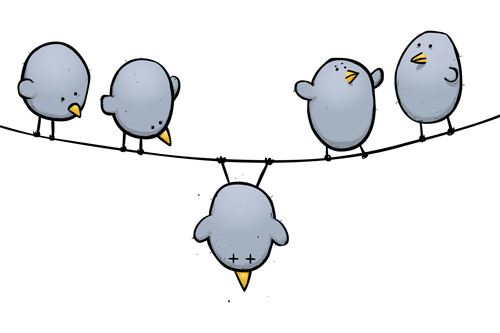By Deepak Chopra, MD and Rudolph Tanzi, Ph.D.

Image: hiddenlighthouse
The New Year occasions all kinds of resolutions (which only 8% of people keep, according to Forbes magazine), but almost no one, I imagine, resolves to improve the function of their genes. The fact that this is even possible sounds mystifying, since the specific genes you’re born with remain the same throughout your lifetime (except in certain cells as we age, e.g. in tumors). But now geneticists increasingly appreciate that the output of our genes varies considerably, not just from year to year but from minute to minute. The genetic read-out of two identical twins is quite similar at birth, but looks very different by age seventy. This understanding, still in its infancy, belongs to a growing field known as epigenetics. In the coming years research projects are set to reveal just how deeply a person can affect the activity of their individual genome – the findings so far are very promising. (more…)



